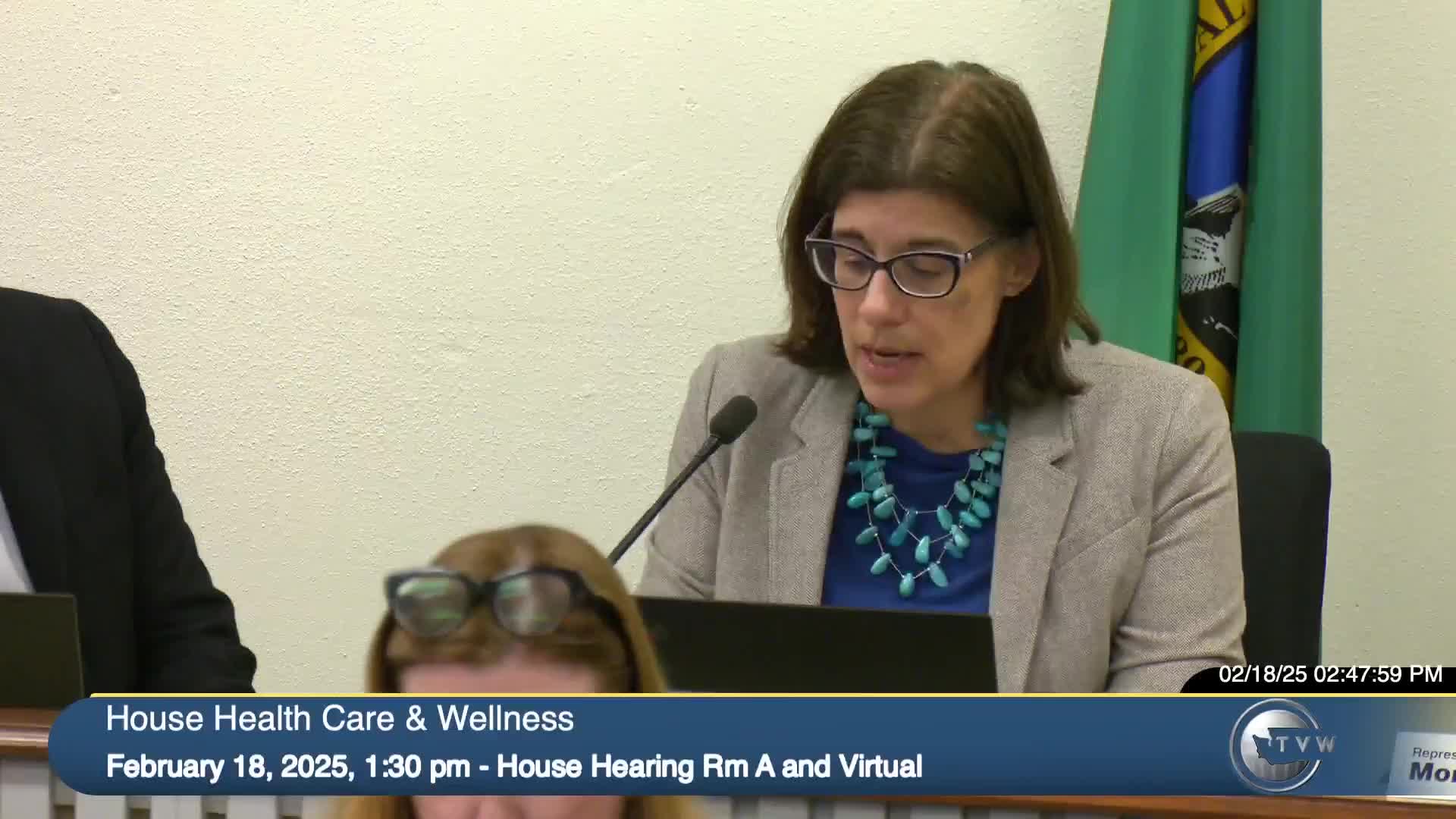Committee holds public hearing on HB 19 71 to allow 12-month refills for hormone therapy; advocates cite access, OPPs and some clinical questions remain
Get AI-powered insights, summaries, and transcripts
Subscribe
Summary
A public hearing on House Bill 19 71 heard testimony supporting a requirement that insurers allow 12-month dispensing of covered hormone replacement therapy; supporters said it improves access, especially in rural areas, while a committee question noted the bill does not mandate clinical follow-up.
A public hearing on House Bill 19 71 considered a proposal that, when hormone replacement therapy is covered by a plan, insurers must allow dispensing of a 12-month supply at one time, subject to limited exceptions.
Sponsor Representative Macri said the bill is modeled on existing 12-month contraceptive access laws and is intended to preserve access to necessary medications for transgender and other patients who depend on hormone therapy. She emphasized the bill "does not expand coverage and it does not dictate what a doctor might indicate for a person's care. It just makes sure that people can get the medications that they depend on for their health and well-being."
Planned Parenthood's Chief Medical Officer Debra Nootkatola testified in support, saying a 12-month supply reduces the burden of monthly refills and lowers the odds of gaps in treatment. A transgender advocate from the Washington State LGBTQ Commission described personal barriers to care, including long travel distances and discrimination concerns at local pharmacies.
A committee question from Representative Caldier asked whether the bill would require follow-up care during the year; staff answered the bill is silent and would allow a full year of drugs if covered. Another committee member raised standard clinical follow-up and lab monitoring practices but sponsors and testifiers reiterated the bill regulates refill dispensing, not clinical practice.
Ending: Testimony highlighted access benefits for rural residents, uninsured or underinsured patients, and people facing transportation or workplace barriers; committee members requested further technical follow-up on clinical protocols and plan exceptions.
